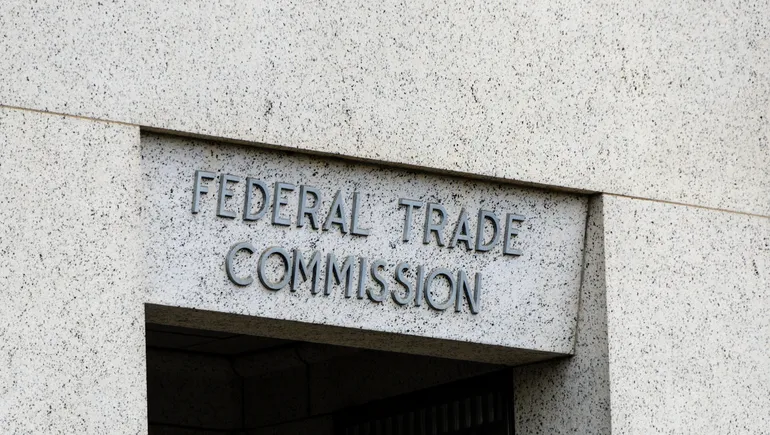The FTC Bans Non-Compete Agreements: Implications for Doctors and Nurse Practitioners
The Federal Trade Commission (FTC) recently took a significant step in the realm of employment practices by banning non-compete agreements in certain situations. This move has sparked a wide range of discussions, particularly within the healthcare sector, where such agreements have been common, including among doctors. Let’s explore the potential implications of this ban on doctors and the healthcare industry as a whole.
What are Non-Compete Agreements?
Non-compete agreements are contracts between employers and employees that restrict employees’ ability to work for a competitor or start a competing business for a specified period of time (and/or a specific radius) after leaving their current job. These agreements are often used to protect a company’s trade secrets, client relationships, and competitive advantage.
Non-compete verbiage in employment agreements should not be confused with non-solicitation of customers. Non-solicitation of customers prevents employees from taking (or soliciting) customers from their current employer to the new employer. It is okay for a customer or patient to follow an employee or doctor to their new practice, but it does restrict that employee or doctor from actively trying to bring the customers or patients to the new practice.
FTC’s Ban on Non-Compete Agreements
In July 2024, the FTC announced a ban on non-compete agreements for most low-wage workers and in certain other situations. While the ban does not specifically target doctors and nurse practitioners, it has the potential to significantly impact the healthcare industry, where non-compete agreements have been prevalent, especially among specialists and in certain geographic areas.
Implications for Doctors
- Increased Mobility: One of the key implications of the ban is that doctors may find it easier to switch jobs or start their practices without facing legal challenges from their former employers. This could lead to increased competition among healthcare providers and potentially result in better services and lower costs for patients.
- Recruitment and Retention: Healthcare organizations may need to rethink their recruitment and retention strategies in the absence of non-compete agreements. Offering competitive salaries, benefits, and a positive work environment may become more critical in attracting and retaining top talent.
- Practice Ownership: The ban on non-compete agreements could encourage more doctors to consider owning their practices. Without the fear of legal repercussions, doctors and nurse practitioners may be more willing to take the entrepreneurial route and start their clinics, which could lead to a more diverse and competitive healthcare landscape.
- Impact on Specialties and Rural Areas: In specialties and rural areas where there is already a shortage of healthcare providers, the ban on non-compete agreements could have a mixed impact. While it could make it easier for doctors to move to underserved areas, it could also lead to increased competition among existing providers, potentially affecting their bottom line.
Challenges and Considerations
While the ban on non-compete agreements may seem like a positive development for doctors, there are also some challenges and considerations to keep in mind:
- Enforceability: The ban does not apply in all situations, and the enforceability of non-compete agreements can vary depending on state laws. Doctors and nurse practitioners should carefully review their contracts and seek legal advice if they have any questions about their rights and obligations.
- Patient Care: There is a concern that increased mobility among doctors could lead to disruptions in patient care, especially if doctors leave practices without adequate notice or transition plans in place. Healthcare organizations may need to implement measures to mitigate these risks.
- Non-Solicitation Agreements: While the ban specifically targets non-compete agreements, it does not address non-solicitation agreements, which restrict employees from soliciting their former employers’ clients or employees. Doctors and nurse practitioners should be aware of these agreements and their implications.
Conclusion
The FTC’s ban on non-compete agreements is a significant development that could have far-reaching implications for doctors and the healthcare industry. While it may lead to increased mobility and competition among healthcare providers, it also poses challenges that need to be carefully addressed. Doctors and nurse practitioners should stay informed about the evolving legal landscape and seek professional advice to navigate these changes effectively.
The questions still lingering are how will health systems, doctors and nurse practitioners implement this new law?
Will health systems fight this new law?
Will the health systems make it difficult for doctors and nurse practitioners that want to get out of their non-compete right now?

